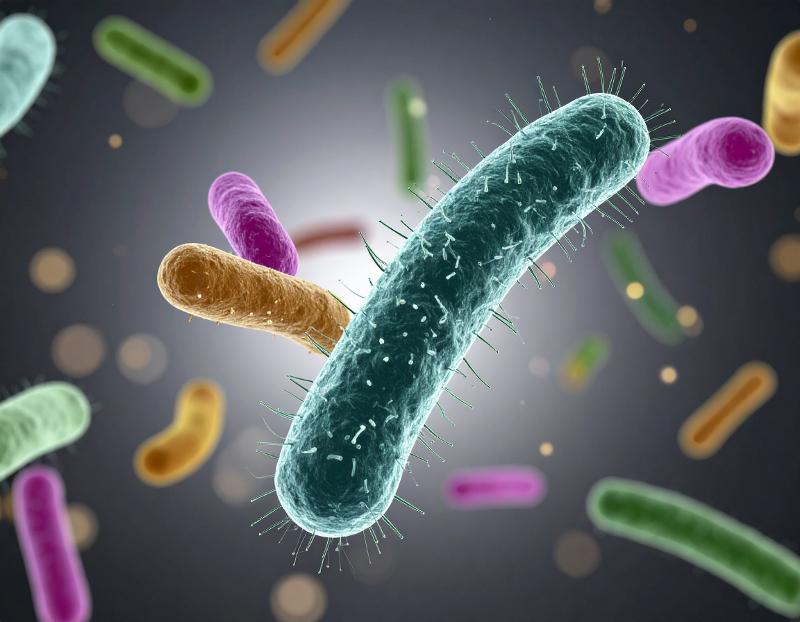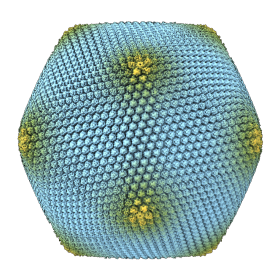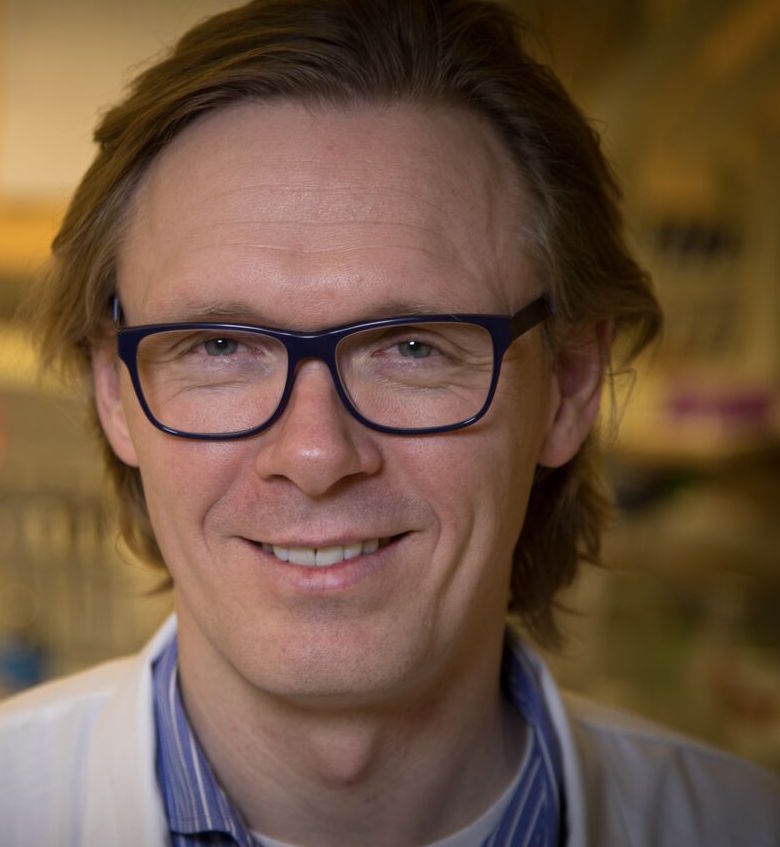News



The Centre for new antibacterial strategies (CANS) is a large interdisciplinary centre at UiT – The Arctic University of Norway for research, education, innovation and dissemination related to antimicrobial resistance (AMR). Our vision is to create a future where the control of AMR is achievable.
CANS currently involves sixteen research groups located at three faculties and covers topics within marine bioprospecting – identification and characterization of new antibacterial activities, design and synthesis of new antibiotics and resistance inhibitors, the evolution and molecular epidemiology of AMR, host-microbe-drug interactions, and antibiotic stewardship.
The centre aims to strengthen current activities, but also support new basic research in novel concepts for sustainable antibacterial activities in AMR-prevention and treatment strategies through new permanent and temporary (tenure-track, postdoc and PhD) positions.
CANS is financed through UiT and Tromsø Research Foundation (TFS).






